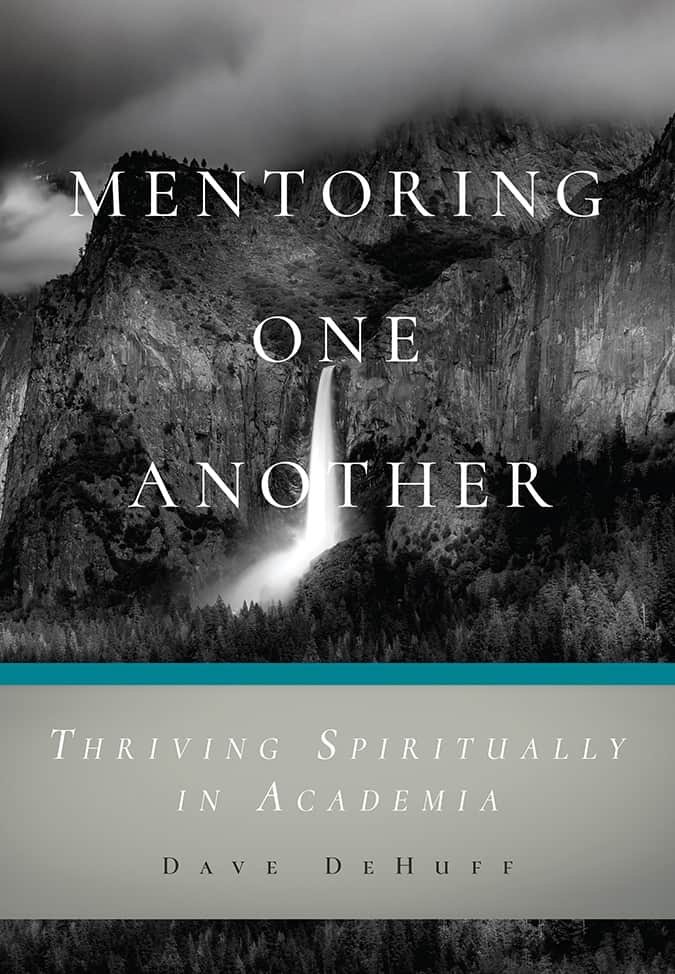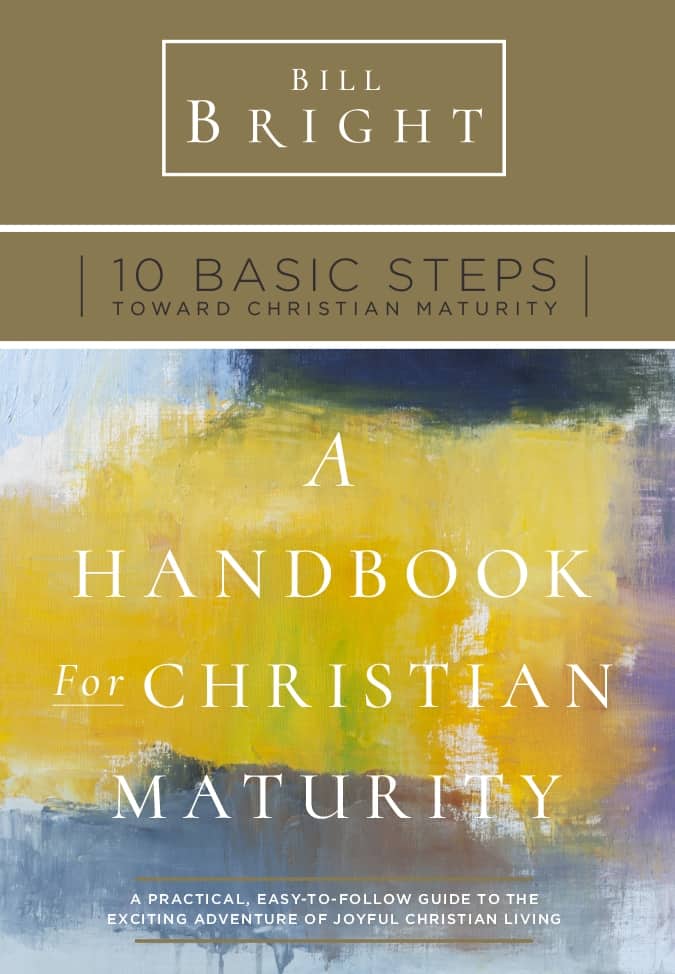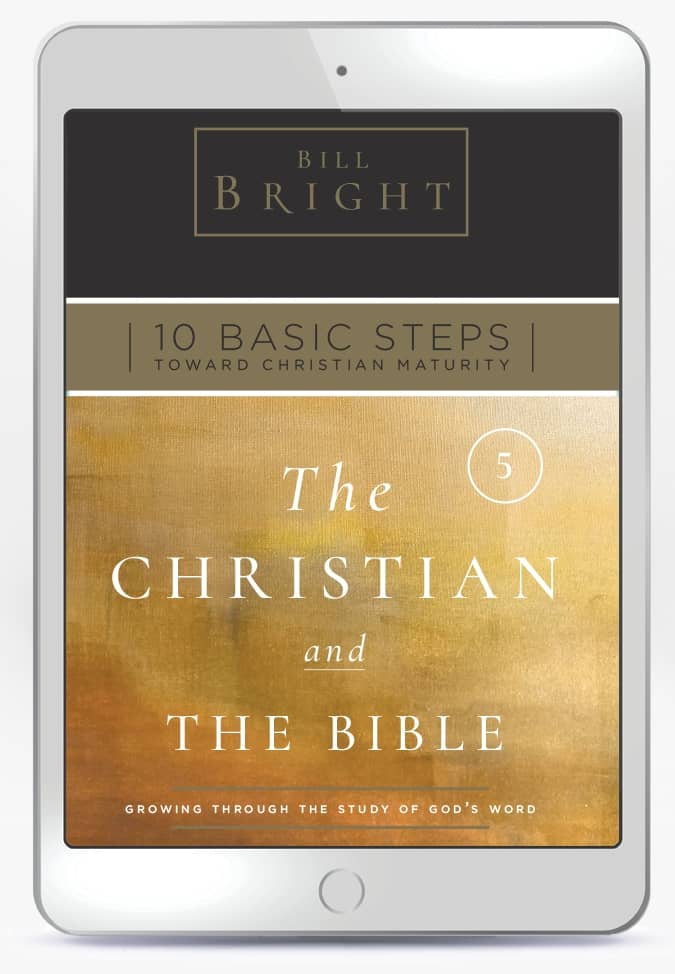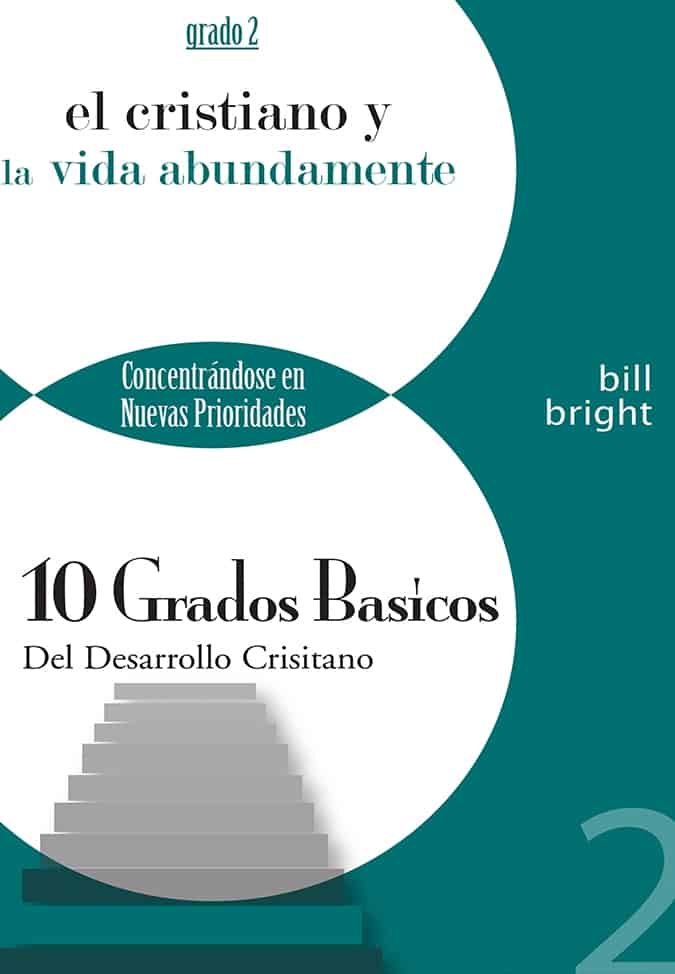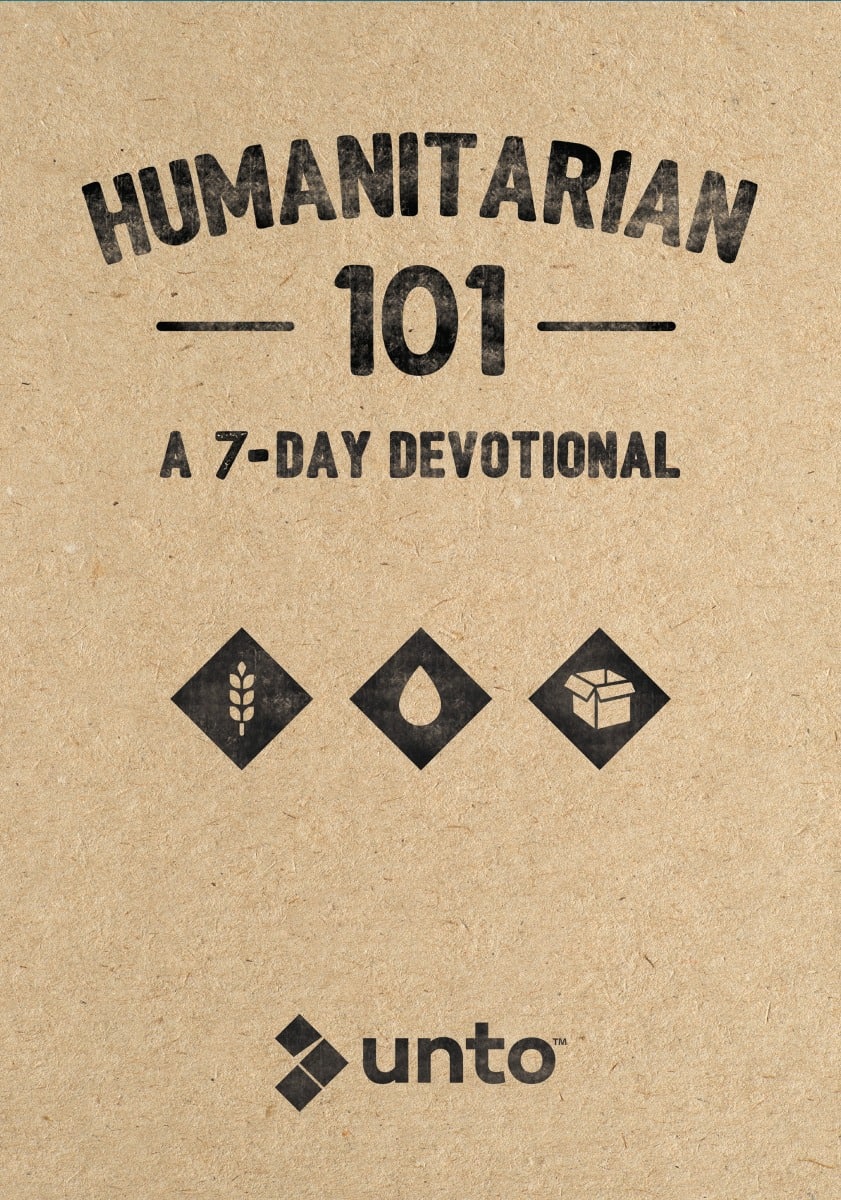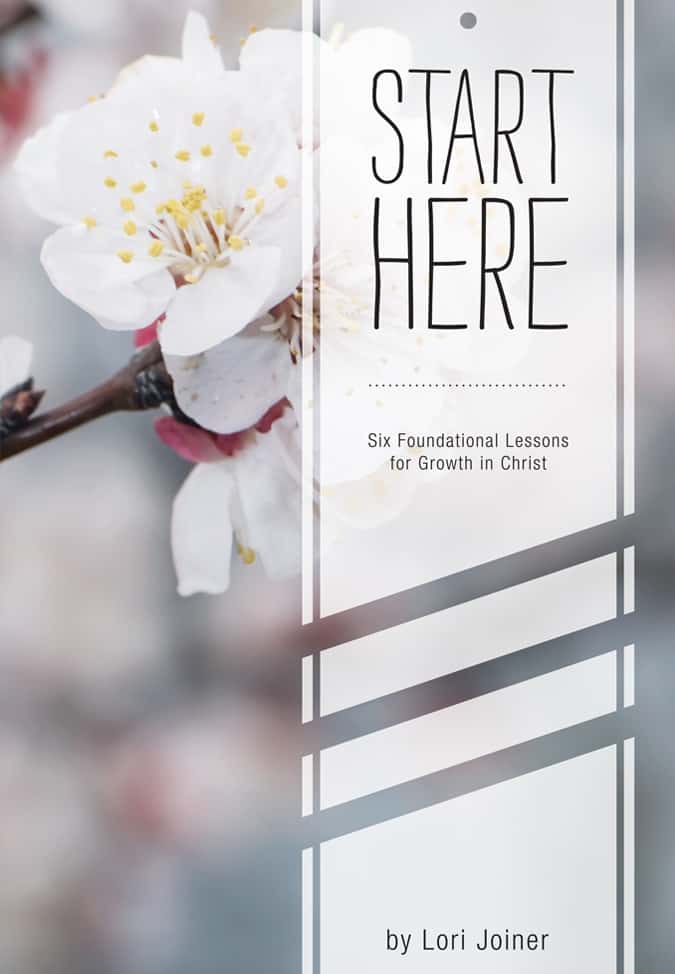14 Reasons to Read the Bible

Have you ever wondered why people read the Bible? You aren’t alone. Maybe you’re not sure where to begin reading. Maybe it seems outdated to you. Wherever you are, just know it’s totally fine to be there, though we hope to help you grow to love the Bible more. In fact, you may resonate with another article, “10 Reasons You’re Not Reading the Bible.”
Throughout this article, we will do our best to answer the question: Why do people read the Bible? A few key points will be woven throughout the answers:
- Reading the Bible is how you learn who God is. The Bible contains His message about life, relationships, work — really all the things that give your life meaning.
- The Bible contains accounts of God interacting with people. It shows how God cares for humanity.
- The Bible explains clearly how to have a personal relationship with God.
The Bible holds knowledge, truth and hope for everyone. You do not have to be a Christian to benefit from reading the Bible. God made it so that anybody can read it.
God’s Abiding Word
The Bible is powerful and impactful. It has sold more copies than any other book. Parts of the Bible have been translated into more than 1,500 languages, and translations into many other languages are in progress. Six in 10 Americans say that their interaction with the Bible has changed their life.
Completed nearly 2,000 years ago, the Bible has stood the test of time. Jesus says about it, “Heaven and earth will pass away, but My words will never pass away” (Matthew 24:35, New International Version). His statement has proven true. The Bible is just as applicable today as it was then.
The Bible was inspired by God and penned by dozens of authors who knew and followed Him. There are 66 individual books in the Bible. The books are written in a number of genres, including narrative history; proverbs; prophecy; law; genealogy; personal letter and poetry focused on worship, romantic love and mourning.
The first 39 books of the Bible make up the Old Testament, which includes, among many other things, the historical account of God making promises to the nation of Israel and the Israelites continually rebelling against God. The New Testament is made up of 27 books and starts with four accounts of the life, death and resurrection of Jesus. From there, the New Testament goes on to describe how Christianity spread across the world and the message that Jesus’ followers communicated as they spread it.
Interwoven throughout the Bible is the redemptive work of God. Each book points to His master plan to rescue broken and desperate people and restore their relationships with Him through Jesus. Even though Jesus does not show up until the New Testament, the Old Testament still anticipates Him with prophecies, promises and foreshadowing.
Seeing the Bible as one story with multiple authors all writing with the same overarching theme in mind brings unity to the Bible. Next time you read a passage from the Bible, take time to look through that text and see how it connects to Jesus.

Why Should I Read the Bible?
The historical and cultural significance of the Bible makes it worth reading, but truly this is the least reason you should read it. More importantly, the Bible has the power to make a direct impact on your life today. Here are 14 worthwhile reasons you should read the Bible.
1. It’s How God Reveals His Character
And He passed in front of Moses, proclaiming, “The LORD, the LORD, the compassionate and gracious God, slow to anger, abounding in love and faithfulness, maintaining love to thousands, and forgiving wickedness, rebellion and sin. Yet he does not leave the guilty unpunished; he punishes the children and their children for the sin of the parents to the third and fourth generation.” (Exodus 34:6-7, NIV)God is full of patience, love, kindness, justice and wisdom. He is all-knowing and the Creator of all. The books of the Bible describe the different characteristics of God in a way that humans can understand. The Bible is primarily a story about God’s goodness, and when you read it with this in mind, it makes the rest of the text come alive. As you are reading, you can unconsciously make yourself the main character of the Bible, but the main character is and always has been God.
For a fresh perspective on how to read the Bible with this mindset, read “When You Feel Like a Failure After Reading the Bible.”
2. It Gives Instruction for Daily Life
All Scripture is God-breathed and is useful for teaching, rebuking, correcting and training in righteousness. (2 Timothy 3:16, NIV)The Bible is full of practical wisdom for life, especially in the New Testament. The writers wanted their readers to know how to live the way God intended. You will find information that will help as you figure out how to be a parent, how to have a successful marriage, how to approach your work, how to care for family members, how to forgive and how to love.
Even when the specifics are tied to cultures or situations different than yours, beneath those specifics you will find practical principles that will help you in your daily twenty-first-century life. Try reading Ephesians if you are looking for clear applications for your life daily.
3. It Teaches You How to Pray
One day Jesus was praying in a certain place. When He finished, one of His disciples said to Him, “Lord, teach us to pray, just as John taught his disciples.”He said to them, “When you pray, say:“‘Father,hallowed be Your name,
Your kingdom come.
Give us each day our daily bread.
Forgive us our sins,
for we also forgive everyone who sins against us.
And lead us not into temptation.’” (Luke 11:1-4, NIV)
The gospels are packed with recollections of Jesus praying. He prayed in basically any situation at any time of the day about anything He wanted to talk with God about. His followers, who were called His disciples, saw Him praying all the time. You should also learn to pray like this. The Lord’s Prayer, quoted above, is a great template to follow when learning to pray. Try praying this prayer yourself and bringing your requests to God.
4. It Explains the Gospel
God so loved the world that He gave His one and only Son, that whoever believes in Him shall not perish but have eternal life. (John 3:16, NIV)The wages of sin is death, but the gift of God is eternal life in Christ Jesus our Lord. (Romans 6:23, NIV)The gospel is the story of how God, after being rejected by the people He created and loved, has been working to restore the world and our relationships with Him. The essence of the gospel is the story of Jesus. Knowing the gospel is critical to having a relationship with God. The gospel is all about Jesus, and the whole Bible points to this crucial time in history.
5. It Explains How to Share the Gospel
“Go and make disciples of all nations, baptizing them in the name of the Father and of the Son and of the Holy Spirit, and teaching them to obey everything I have commanded you.” (Matthew 28:19-20)Not only is the Bible’s main message focused on the gospel, but the Bible also gives instructions for how to share the gospel with others. The verse quoted above is called the Great Commission, and it is one of the last statements Jesus made to His followers.
After hearing Jesus’ command, they preached in churches, shared about Jesus with strangers and taught people from all backgrounds about Him. If you are a Christian and want to learn how to share the gospel, living out the Great Commission in your life is a good place to start.

6. It Teaches You How to Trust God
Trust in the LORD with all your heart,and lean not on your own understanding;
in all your ways submit to Him,
and He will make your paths straight. (Proverbs 3:5-6, NIV)
Learning to trust God is a lifelong process. Submitting all your ways to His way does not happen overnight, and I do not think God wants it to. He wants you to come to Him daily and lean on Him and to repeat back to yourself the truth about Him from the Bible. If you are struggling to read the Bible in the light of God’s trustworthiness, see “When You Don't Like Reading the Bible.”
7. It Shows What God’s Will Is
Do not conform to the pattern of this world, but be transformed by the renewing of your mind. Then you will be able to test and approve what God’s will is — His good, pleasing and perfect will. (Romans 12:2, NIV)Rejoice always, pray continually, give thanks in all circumstances; for this is God’s will for you in Christ Jesus. (1 Thessalonians 5:16-18, NIV)Do you ever wonder, “What does God want to do in my life? How do I know which path to follow?” There are a lot of Bible verses that mention God’s will, but these two give you a broad and specific answer. Broadly, work on transforming your thought life to align with God’s thoughts. How? By reading God’s Word. More specifically, live in joy, pray always and radiate gratitude for the blessings in your life. This will also lead you into God’s will.
8. It Is Full of God’s Promises
“The LORD Himself goes before you and will be with you; He will never leave you nor forsake you. Do not be afraid; do not be discouraged.” (Deuteronomy 31:8, NIV)What an encouraging verse! Repeat this promise to yourself daily until you’ve memorized it. Every time you feel anxious or worried, remind yourself of this verse; the way you remember God’s promises is by memorizing them. After you have memorized the verse, see if the truth in it helps you resist anxiety better.
9. It’s Historically Accurate
In those days, Caesar Augustus issued a decree that a census should be taken of the entire Roman world. (This was the first census that took place while Quirinius was governor of Syria.) And everyone went to their own town to register. So Joseph also went up from the town of Nazareth in Galilee to Judea, to Bethlehem the town of David, because he belonged to the house and line of David. (Luke 2:1-4, NIV)The Bible records history and sets its historical narratives within a wider historical context. The Old Testament especially mentions landmarks and rulers of the periods when its books were written.
The verse above is from the second chapter of the Gospel of Luke, which focuses on the life of Jesus, and it identifies the real historical context for Jesus’ birth. If you are skeptical about whether Jesus actually lived on earth, try reading “The Case for Christ” by Lee Strobel. Strobel interviewed scholars and historians to find out what evidence there is that Jesus really did live, die and rise from the dead.
10. It Teaches You How to Forgive
Get rid of all bitterness, rage and anger, brawling and slander, along with every form of malice. Be kind and compassionate to one another, forgiving each other, just as in Christ God forgave you. (Ephesians 4:31-32, NIV)One of the key components of the gospel message is that Jesus died on the cross to forgive sins. Since this is such a central aspect of who God is — a forgiver — the Bible has a lot to say about forgiveness. Even if you are not a follower of Christ, check out the various verses on forgiveness, because they will still be helpful for your everyday life. Think about who you need to forgive, and then practice removing any bitterness you may be holding on to toward that person.
11. It’s Full of Truth
Sanctify them by the truth; Your word is truth. (John 17:17, NIV)To the Jews who had believed him, Jesus said, “If you hold to My teaching, you are really My disciples. Then you will know the truth, and the truth will set you free.” (John 8:31-32, NIV)God is truth. That’s another aspect of His character that shows itself throughout the Bible. Some say truth is relative, and it can be overwhelming to know where to go for truth. These days, data and personal opinion are two things people often turn to.
But the Bible is ultimately where truth is found. Ask God to show you His truth when you read the Scriptures; He will reveal it to you. The Old Testament Book of Proverbs contains wisdom for life and is a great place to start if you are looking for biblical truth.

12. It Asks and Answers Big Questions
“Why LORD, do you stand far off? Why do you hide Yourself in times of trouble?” (Psalm 10:1, NIV)The Psalms are the Bible’s songbook, and they are packed with big life questions. God is not afraid of anger or sadness. He knows these things because He sent Jesus to the cross, and He wants us to find comfort in the Bible when we are in pain. Feel free to tell Him if you are confused. Share with Him if you are angry at Him. The writers of the Psalms did, and God was loving and patient with them.
The answers to big questions can be found in many different books of the Bible. God has often allowed people to learn through life circumstances. Read about the life of Joseph in Genesis 37-50 and how God redeemed his immense pain.
13. It’s Culturally Relevant
What has been will be again,what has been done will be done again;
there is nothing new under the sun. (Ecclesiastes 1:9, NIV)
It is fascinating to study the various cultural aspects of the Bible, but from the beginning to the end you will read about love, jealousy, doubt, confusion, trust, hardship, loss, marriage, temptation, depression, anxiety and happiness. This list could go on and on. There really is “nothing new under the sun” because people will always be people. Thankfully, God is always in the business of redeeming people.

14. It Reveals How Much God Loves You
Dear friends, let us love one another, for love comes from God. Everyone who loves has been born of God and knows God. Whoever does not love does not know God, because God is love. (1 John 4:7-8, NIV)God loves you. Period. End of story. It’s OK if you struggle to believe it, and it’s OK if you do not feel it. But you should know it is the truth. If “God is love” like the verse quoted above says, what does that mean for you and me? How can you experience God’s love?
Try doing a word study on love in the Bible. You will find more than 300 verses on love. Meditate on the verses as you read them. Ask yourself how they impact you and if they change your view of God.
Which reason from the list above means the most to you? Try writing it on a notecard and sticking it on your bathroom mirror so you can read it every day. See if this motivates you to spend time learning more about God.
God knows you will not always be motivated to read the Bible. You are human, and you just cannot keep up that desire every day. Instead, remind yourself of the value of reading the Bible. Look up the Bible verses quoted above. Read them and meditate on their truth. Make a note of any changes to your desire to read the Bible.
If you are not sure where to start with reading the Bible, try one of the Gospels. The Gospels are the four books that each tell its true account of Jesus’ life from its author’s perspective: Matthew, Mark, Luke and John. Try setting aside 15 minutes a day to read one of the Gospels. As you read, make note of any verse or word that stands out to you. Try journaling your thoughts about the passage, or talk about it with a friend. “How to Read the Bible in a Better Way” will give you a helpful starting off point for reading the Bible.
God created the Bible to be understood and for it to have clear meaning for your life. Welcome to the next step of reading it!
If you would like a devotional to follow along with as you read the Bible, try one of Cru’s devotional resources, like “Backstory” or “Four Sevens.”





